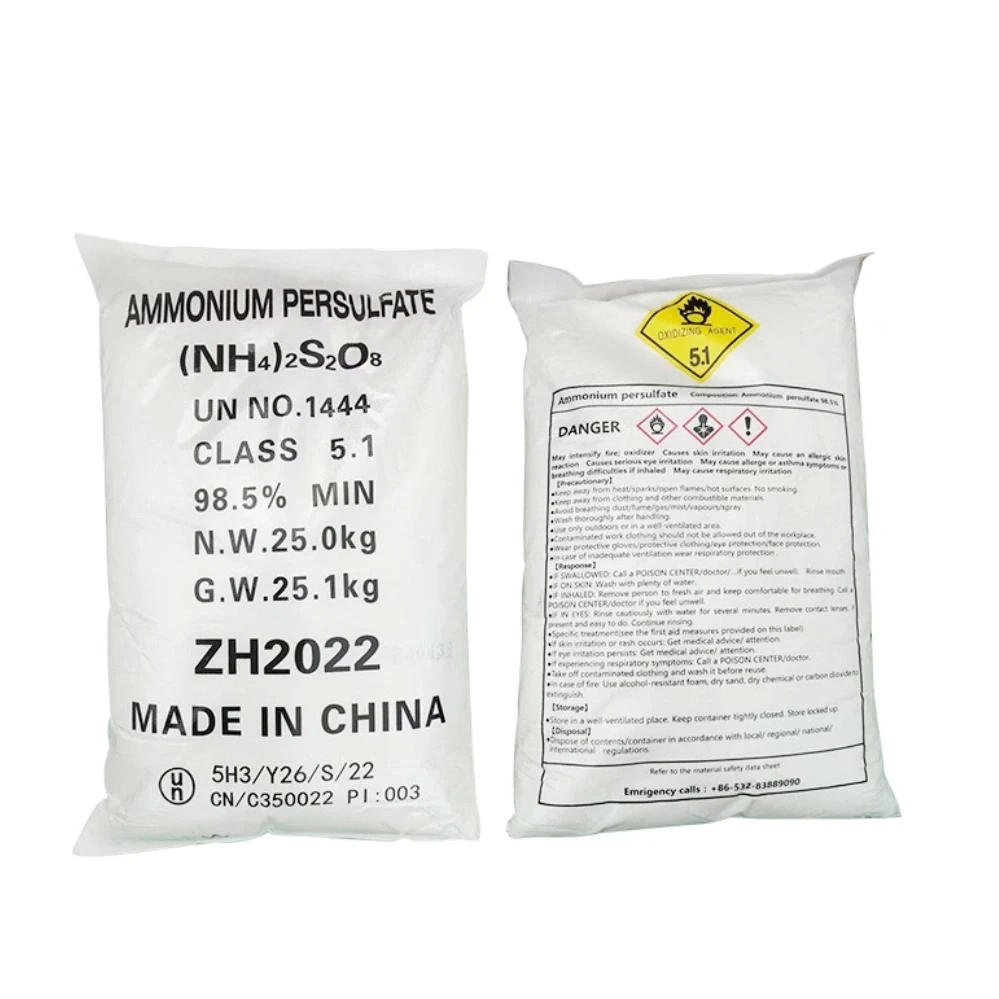



disinfection of swimming pool
The Importance of Disinfection in Swimming Pools
Swimming pools are a beloved recreational space for individuals and families alike, providing a refreshing escape, a venue for exercise, and a place for socializing. However, maintaining a safe and hygienic swimming environment should be a top priority for pool owners and operators. One essential aspect of ensuring water safety is the disinfection of swimming pools. This article will explore the significance of pool disinfection, the methods used, and best practices for maintaining clean and safe water.
The Significance of Disinfection
Water in swimming pools can quickly become a breeding ground for harmful microorganisms, including bacteria, viruses, and algae. Without proper disinfection, swimmers can be exposed to various health risks, such as skin infections, gastrointestinal illnesses, and respiratory issues. Not only can this lead to health consequences for individuals, but it can also result in costly liabilities for pool owners.
Disinfection is crucial not only for health and safety but also for maintaining the overall quality of the pool water. Regularly disinfected water enhances clarity, reduces unpleasant odors, and minimizes the growth of algae and other contaminants. This ensures that the pool remains an inviting and enjoyable place for everyone.
Common Disinfection Methods
Several effective methods of pool disinfection are commonly used, each with its own benefits and considerations
.1. Chlorination Chlorine is one of the most widely used disinfectants in swimming pools. It works by releasing hypochlorous acid when added to water, effectively killing bacteria and viruses. Chlorine levels should be regularly monitored and maintained between 1 to 3 parts per million (ppm) for optimal sanitation.
2. Bromination Bromine is another option for pool disinfection. It is more stable and effective at higher temperatures, making it suitable for heated indoor pools and spas. Bromine also tends to have a less harsh smell than chlorine, which some swimmers prefer. However, it is generally more expensive than chlorine.
3. Saltwater Systems Saltwater pools utilize a salt chlorine generator, which converts salt into chlorine through a process called electrolysis. This method continually maintains a lower level of chlorine in the water, leading to softer water that is gentler on the skin and eyes.
disinfection of swimming pool

4. UV-C Light Ultraviolet (UV) disinfection systems use UV light to kill or inactivate microorganisms in the water. When incorporated into the pool’s filtration system, UV-C technology can significantly reduce the need for chemical disinfectants, maintaining a more balanced and less chemically loaded environment.
5. Ozonation Ozone is a powerful oxidizing agent that can effectively disinfect pool water. Ozone generators introduce ozone gas into the water, where it destroys contaminants. Ozonation can reduce the amount of chlorine needed, but it is typically used in conjunction with other methods for comprehensive disinfection.
Best Practices for Disinfection
Maintaining a well-disinfected pool requires diligence and regular monitoring. Here are some best practices to ensure pool safety
- Regular Testing Pool owners should test the water frequently to ensure that disinfectant levels, pH, and alkalinity are within recommended ranges. - Filtration System Maintenance A clean and functional filtration system is essential for effective disinfection. Regularly clean or replace filters and ensure the pump operates efficiently.
- Routine Cleaning Regularly brush the walls and floor of the pool to remove debris and prevent algae buildup. Skimming the surface for leaves and debris should also be performed on a daily basis.
- Shock Treatment Periodically shocking the pool with a high dose of chlorine or another disinfectant can help eliminate contaminants that routine disinfection may miss, particularly after heavy use or following bad weather.
- Educating Swimmers Informing swimmers about the importance of hygiene before entering the pool—such as showering before swimming and not swimming when sick—can contribute significantly to maintaining water quality.
In conclusion, disinfection is an integral part of managing a swimming pool. By understanding the available methods and adopting best practices, pool owners can provide a safe, clean, and enjoyable environment for all users. Prioritizing disinfection not only safeguards health but also enhances the overall swimming experience, ensuring that pools remain a treasured escape for years to come.
-
Why Sodium Persulfate Is Everywhere NowNewsJul.07,2025
-
Why Polyacrylamide Is in High DemandNewsJul.07,2025
-
Understanding Paint Chemicals and Their ApplicationsNewsJul.07,2025
-
Smart Use Of Mining ChemicalsNewsJul.07,2025
-
Practical Uses of Potassium MonopersulfateNewsJul.07,2025
-
Agrochemicals In Real FarmingNewsJul.07,2025
-
Sodium Chlorite Hot UsesNewsJul.01,2025










